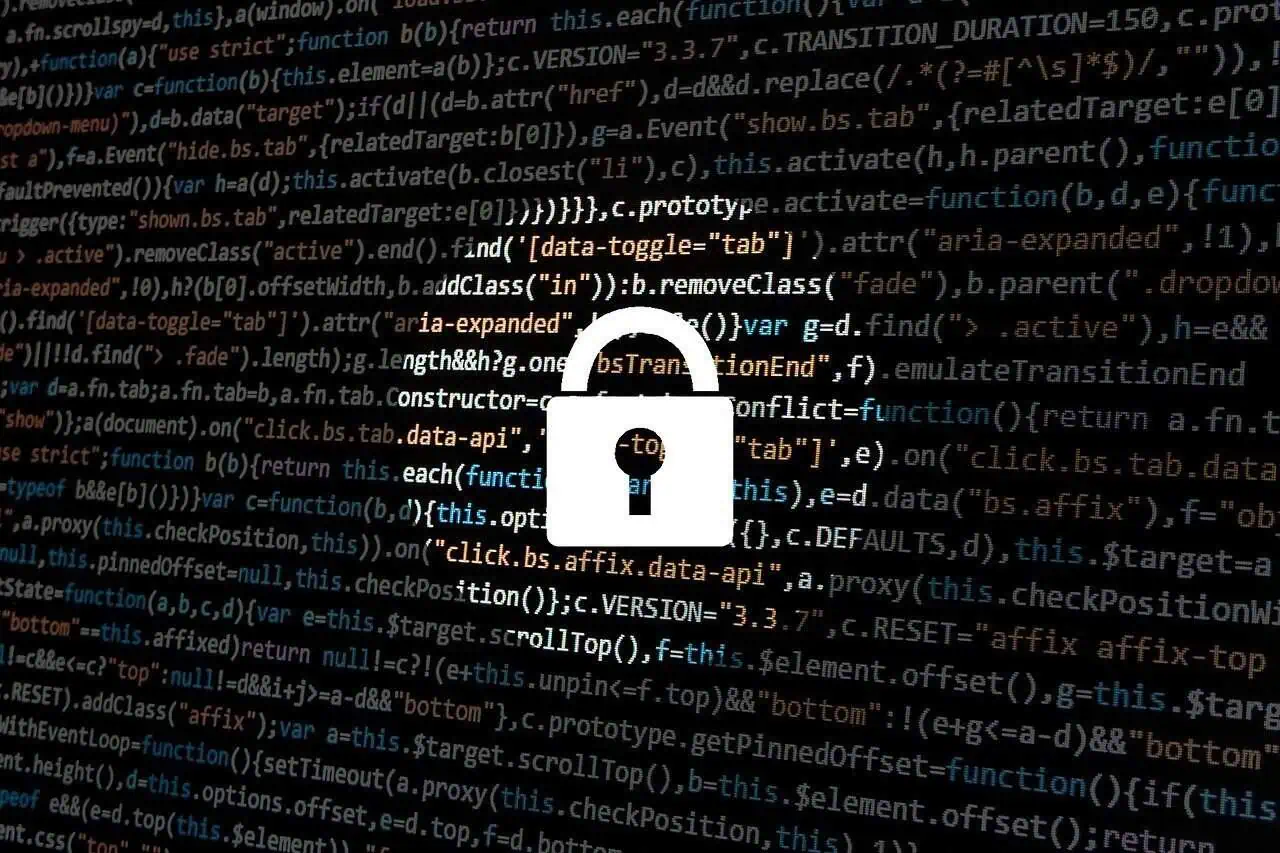The internet is both our best friend and potentially our worst enemy. It makes life so much easier in terms of staying in touch with colleagues and loved ones, the convenience of shopping online, paying bills, managing our life and business, and accessing the right type of information or entertainment just when and where we need it.
But there’s a price to pay for all that ease and convenience. If we’re not very careful fraudsters, scammers, spammers, stalkers, bullies and political interest groups can find and use all of our personal information to trick and manipulate us.
Everyone knows someone who has lost some amount of money through online fraud. Whether that’s thousands of pounds from a sophisticated, but surprisingly common, sting where fraudsters intercept your email and fake an expected invoice with their own payment details, or a series of tiny payments going out of your bank account, financial fraud is now endemic.
As well as that the Cambridge Analytica scandal showed us just how easy it is for political interest groups to gain a huge amount of psychological data about large numbers of the population and use this to manipulate opinion.
And there are many, many more examples.
This article provides some top tips for how to protect yourself.
Financial fraud
Ignore shops and online services that ask if you’d like them to save your bank details. Always type your bank details in from scratch. If you are making a large transfer of funds always test with a small amount first and check that it has gone through properly. Do not just rely on email, always check with a phone call as well and ask a few personal questions to check that you are speaking to the right person.
Searching and messaging online
The big search engines make their money from selling information about you. Cookies follow you around the internet and build up a sophisticated demographic and psychological profile, which enables businesses and other interest groups to target you in a highly effective manner. If you’d rather stay under the radar use a popular ad-blocker or a search engine like DuckDuckGo that does not store user data. For advanced level privacy, you could also sign up to a VPN network or use residential proxies so that websites cannot accurately place you through your IP address.
Your email and messaging services can also contribute to your online profile. Gmail for example adds information from your emails to its profiling about you. Amazon uses information gleaned from Alexa. For enhanced privacy use encrypted communication services like protonmail, WhatsApp and Signal.
Secure your accounts and personal information
Whenever you sign up for an online service of any kind, they will store information about you. An extraordinary number of those services have been hacked and it is highly probable that your information has been compromised and is available to fraudsters on the dark web. If you want to check for yourself, check out have I been pwned. Put in your email address and it will tell you how many times your data has been breached. My email was included in 13 instances, with passwords, usernames, social media profiles, home address and telephone number included. Hacked sites included: LinkedIn, Canva and Dropbox.
Counter those potential breaches by using a password manager such as LastPass. Use two-step authentication wherever it is available.
Also, take more care about the level of personal information that you share online. Do you need to let Facebook and therefore potential hackers or stalkers know where you live and your date and place of birth? Could an identity thief piece together answers to the questions used by your finance providers to compromise your account? Ignore the ‘about me’ section on social media accounts. Tighten up all your privacy settings too and limit access to your information to people who are genuine contacts or friends.
Be careful what you click on
Phishing is a ploy by scammers where they send you an email or a message enticing you to click on a link. Those messages may appear to come from someone you know or a credible government agency or business. If you click they will take you to a form where they will endeavor to squeeze some personal or financial information from you. If it looks suspicious in any way do not click. If you are not sure, hover over the link and it will show you the destination website – check that it exactly matches the site you expect before clicking through. Scams often have site addresses that are almost, but not exactly identical, for example they have an extra hyphen or letter. If in doubt don’t.
It takes a bit of effort and planning to keep the internet on your side. Your privacy is valuable so do not compromise on it.
Emily Newall is Health & Lifestyle Editor at Prowess.org.uk, where she commissions and writes evidence-based features on health, wellbeing and contemporary living.
She graduated with a First Class BA (Hons) in Politics and Sociology from the University of East Anglia. Her academic work explored social inequality, gender, public policy and the structural determinants of health — themes that continue to inform her journalism.
Emily’s editorial focus includes women’s health, mental wellbeing, workplace culture, lifestyle sustainability and the societal pressures shaping modern life. She approaches these topics through a research-led lens, analysing trends in the context of policy, culture and social change rather than treating lifestyle as purely individual choice.
As a well-travelled writer, she draws on international perspectives to compare health behaviours, cultural norms and approaches to wellbeing across different societies.
Her work aims to provide readers with informed, thoughtful and socially aware coverage rather than trend-driven commentary.

